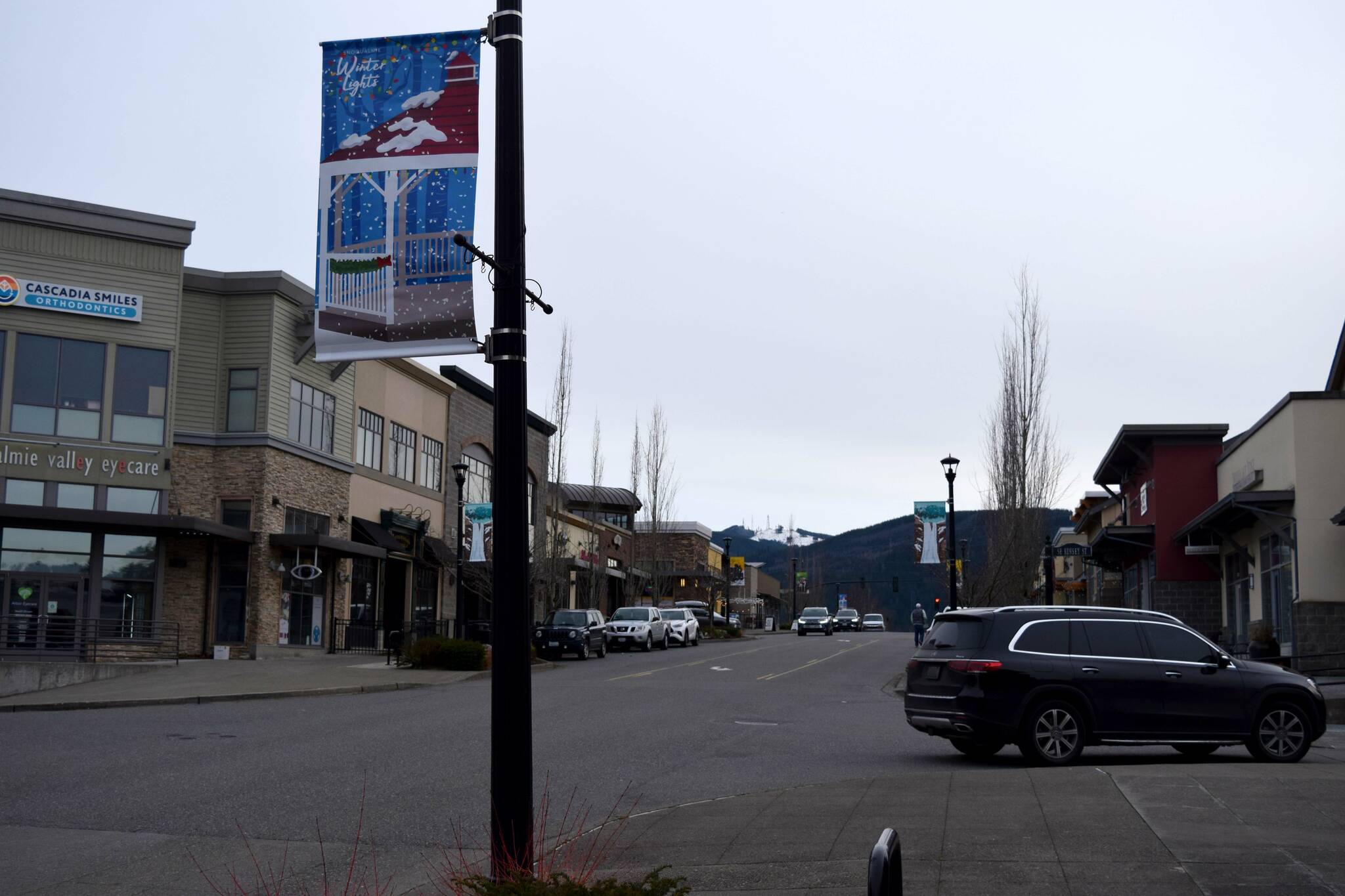A majority of business owners in the Snoqualmie Valley reported their revenues have returned to pre-pandemic levels, according to the findings of a recently unveiled survey.
When asked to compare the last 12 months to 2019 earnings, 72% of businesses surveyed said they were doing just as well or better. That includes 48% who were doing at least slightly better.
Those results are findings from the Snoqualmie Valley Business Pulse Survey. Led by the SnoValley Innovation Center in partnership with the SnoValley Chamber of Commerce and Pacific Lutheran University School of Business, the survey provides the largest picture so far of how businesses are fairing nearly three years since the start of the COVID-19 pandemic.
“As our community emerges from the unprecedented interruption caused by the COVID pandemic,” the report said, “there is a need to better understand the impact this event had on the businesses and organizations our population relies on.”
The survey was compiled by Justin Wotton, a senior business administration student at PLU and son of Snoqualmie City Councilmember and Innovation Center co-owner Rob Wotton. Representatives from the SnoValley Chamber and cities of Snoqualmie and North Bend were also involved.
In total, 71 businesses of varying sizes and industries were surveyed — including 30 from North Bend, 23 from Snoqualmie and 18 from unincorporated areas of King County.
Businesses outside city limits were located in Fall City, Preston, Snoqualmie Pass and greater North Bend and Snoqualmie. Two businesses from the city of Carnation were included in this group.
While findings showed that a majority of Valley businesses are doing the same or better than they were prior to the pandemic, there was a slight discrepancy between top performing businesses in Snoqualmie and North Bend.
A greater rate of businesses in Snoqualmie, 22%, reported their revenues were significantly better since the pandemic. In North Bend, only 7% of businesses said the same.
Conversely, 13% of businesses in North Bend reported doing significantly worse, while only 3% of Snoqualmie businesses did.
In unincorporated King County, only one of the 18 businesses said they were doing significantly worse, while the rest said they were doing the same or better.
Most businesses also reported being optimistic about the future over the next year or so. Only six of the 71 business owners said they planned to close, sell, relocate or downsize in that timeframe, while 22 business owners said they had plans for expansion.
In an interview, the younger Wotton said one of the main findings of the survey was that the optimism among Snoqualmie businesses appeared to correlated with receiving American Rescue Plan Act (ARPA) funding.
Those that did not received ARPA funds, he said, “felt a bit more pessimistic about their outlook and felt like they were going to have to move or shut down.”
ARPA funding was awarded to cities by the federal government as a way to battle the challenges of the pandemic. The city of Snoqualmie received $1.9 million in ARPA funds in 2021, and gave $750,000 of its allotment to 49 businesses and nonprofits as grants last summer.
Only five of the 30 North Bend businesses surveyed received ARPA funds, compared to nine of 23 Snoqualmie businesses.
There was also other pandemic relief that was left on the table, Wotton said. Notably, only a handful of businesses took advantage of the employee retention credit, a pandemic-era tax credit aimed at helping businesses keep employees on their payroll.
As far as which industries were most successful, Wotton said findings did not show any correlation between industry and success during the pandemic, calling it a “mixed bag.”
Top concerns among all businesses, according to the survey, were operating costs, affordables leases and distance from potential employees. Business owners also cited a need for hiring assistance and increasing collaboration among businesses.
Filling job vacancies has been particularly challenging for many, especially since the pandemic. With a lack of housing that’s affordable to low- or middle-income earners, “businesses in the Snoqualmie Valley overwhelmingly depend on an outside workforce,” the report noted.
Of the 71 businesses, 55% reported having a high concentration of employees outside the Valley, while 30% said they had no outside employees, and 15% said they had few outside employees.


